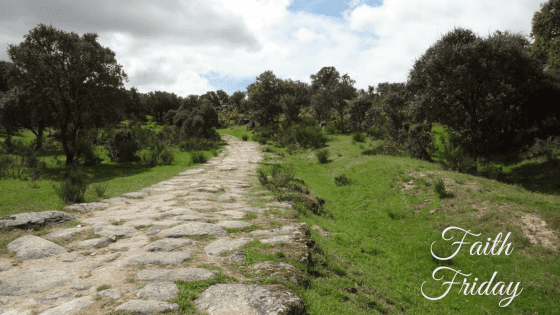John the Baptist is a well-known biblical character, but he is also surrounded by mystery.
We experience his life from divine announcement through birth, and then catch a glimpse of him again in adulthood. We know that Mary, mother of Jesus, knows his significance. And we know that Elizabeth, his own mother, knows that Mary’s child is the promised Messiah. She knows that her son John will be the herald for Jesus the Messiah.
But when we get to John 1:31, we discover that John “didn’t know him, but…came baptizing with water so that he might be revealed to Israel.”
John’s mother and father knew Jesus was the Messiah, but they didn’t tell John for some reason. Perhaps, given their advanced age when he was born, they died before he was old enough for them to tell him. Or maybe they just trusted God to handle the details.
Mary knew who John was and what his job would be, but she didn’t tell him either. Again, we don’t know how the relationship between Mary and Elizabeth played out over the years because the Bible doesn’t explore those details. Maybe in the process of traveling to Egypt and then back to Nazareth she lost connection with Elizabeth and never interacted with John after his birth. We just don’t know.
All we know is that John didn’t specifically know that his distant cousin Jesus was the Lamb of God. The “One.”
Not until this moment in John 1 when God reveals the truth to John.
And yet…
John acted anyway. He taught anyway. He preached anyway. He baptized anyway. All he had was this strange compelling, this command to “prepare the way.”
The idea of a herald preparing the way was not an uncommon one in John’s day. The people hearing his message of repentance would have understood John’s role. Heralds came early to declare the king’s coming. The people were then supposed to literally make the roads smooth and straight for the king’s arrival.
The difference between John and these other heralds was that they’d met their kings. Or at least seen their kings. They knew, without a doubt, who their kings were and what they were about.
John didn’t.
He just knew the King was coming, and he was the herald.
The Pharisees and other Jewish leaders had a lot of questions that he couldn’t answer. I can imagine the doubt that must have seeded in his mind, leading to his later questioning whether or not Jesus really was “the One.” But it didn’t change his work, even when he couldn’t exactly answer the questions other than to say, “He’s coming!”
What about me?
Is there anything I am refusing to start because I don’t have all of the details yet? Or am I walking forward in obedience despite all of my unanswered questions? In what areas do I need to just obey, trusting that the information I’ve already been given is enough? Trusting that the fullness of the story, the complete information, will come in Almighty God’s timing, not mine?
Jesus is coming. May I be bold enough to prepare the way, leaving the details to Him.










